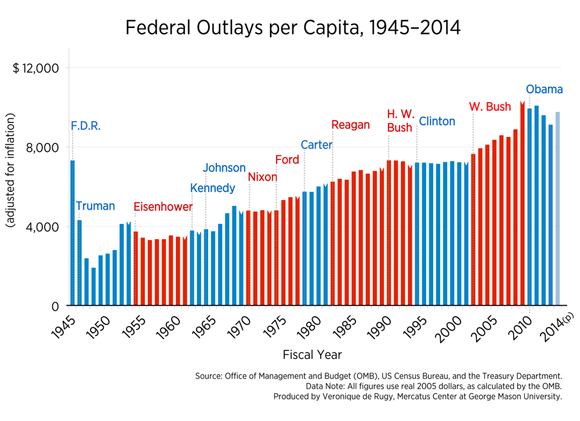This post is reprinted with permission from Secular Pro-Life:
When arguing about abortion, I’ve seen a lot of people claim “sex isn’t a contract.” Other variations of this idea include:
- Consent to A doesn’t mean consent to B (that is, consent to sex doesn’t mean consent to reproduction).
- You clearly don’t consent to reproduce if you use birth control.
- Sex is not a crime and shouldn’t be punished / Rights cannot be restricted unless there is a crime.
The problem is, when it comes to reproduction, these arguments only apply to women.
If a man gets a woman pregnant–be it his wife, girlfriend, affair, or one night stand–he is legally bound to provide support for that child. In other words, because the man participated in the child’s conception (because the man had sex), his rights are altered. It doesn’t matter if the man was only consenting to sex, and not to reproduction. It doesn’t matter if he used birth control. It doesn’t matter that sex isn’t a crime. He fathered the kid, so the law considers him responsible for the kid.
And the law takes a pretty hard line on the subject. Courts can require a father to pay child support based not just on what he earns, but on what courts believe he has the ability to earn. Child support obligations remain even if a father goes to prison, or declares bankruptcy. Even if he wants to terminate his parental rights (and therefore his parental responsibilities), the courts usually won’t allow it unless there is another adult prepared to adopt the child and take over that responsibility. And there are many methods for enforcing child support. A man’s tax refunds can be intercepted, his property seized, business or occupational license suspended, and in some states his driver’s license can be revoked. If he still fails to make payment, he can be held in contempt and given jail time.
In short, if a man has sex he runs the risk of being (rather tightly) legally bound to any new life he creates. In the essay “Abortion and Fathers’ Rights“, author Stephen D. Hales summarizes the situation:
…the father, having participated in conception, cannot escape the future duties he will have toward the child. The father can decide that he cannot afford another child, that he is not psychologically prepared to be a parent, that a child would hinder the lifestyle he wishes to pursue, and so on, to no avail.
Sound sad? If a man is forced to pay child support, that could mean serious emotional, psychological, financial, and social repercussions for him. So why do we have child support laws? Is it because we hate sex, and want to punish people for having sex?
No, of course not. And interestingly, you rarely see anyone even suggest as much. No, it’s clear to most people that we have child support laws in order to, you know, support children. Child support laws aren’t enforced to punish men for having sex—they’re enforced because it’s best for the child. In the same way, abortion shouldn’t be outlawed to punish women for having sex—it should be outlawed to protect fetal life. In both cases, it’s not about punishment, it’s about protection.
And that’s as it should be.
I’d love to live in a world in which there are no unplanned pregnancies and no unintentional parents. I think people should have control over whether they become parents, in the sense that people should have control over whether they get pregnant or get someone pregnant. That’s why I support comprehensive sex education: I want people to understand their own fertility and, if they do choose to have sex, I want them to understand how they can best prevent pregnancy while being sexually active.
However, once pregnancy has happened, once there’s already a new human organism in the picture, it changes everything. I think the people whose actions created that new life should be responsible for its protection.
Of course, many people disagree. Abortion rights advocates place reproductive freedom over protecting the lives we create, at least when it comes to women and pregnancy. How would this mentality look if they also applied it to men and child support? Hales has an idea:
A man has the moral right to decide not to become a father (in the social, nonbiological sense) during the time that the woman he has impregnated may permissibly abort. He can make a unilateral decision whether to refuse fatherhood, and is not morally obliged to consult with the mother or any other person before reaching a decision. Moreover, neither the mother nor any other person can veto or override a man’s decision about becoming a father. He has first and last say about what he does with his life in this regard.
(And if we’re being really consistent, he doesn’t have to inform the woman he impregnated, or anyone else, about his decision to refuse fatherhood.)
It seems to me that consistency requires abortion rights advocates to argue for the man’s right to choose as well as the woman’s: the pro-choice mentality means that, as women can “walk away” from their pregnancies, men should be able to walk away from the women they have impregnated.
Not very uplifting, is it?
Or we could strive for a different kind of consistency–the kind that holds both men and women to a higher standard. This is why I’m for child support laws, and this is why I’m against abortion.









